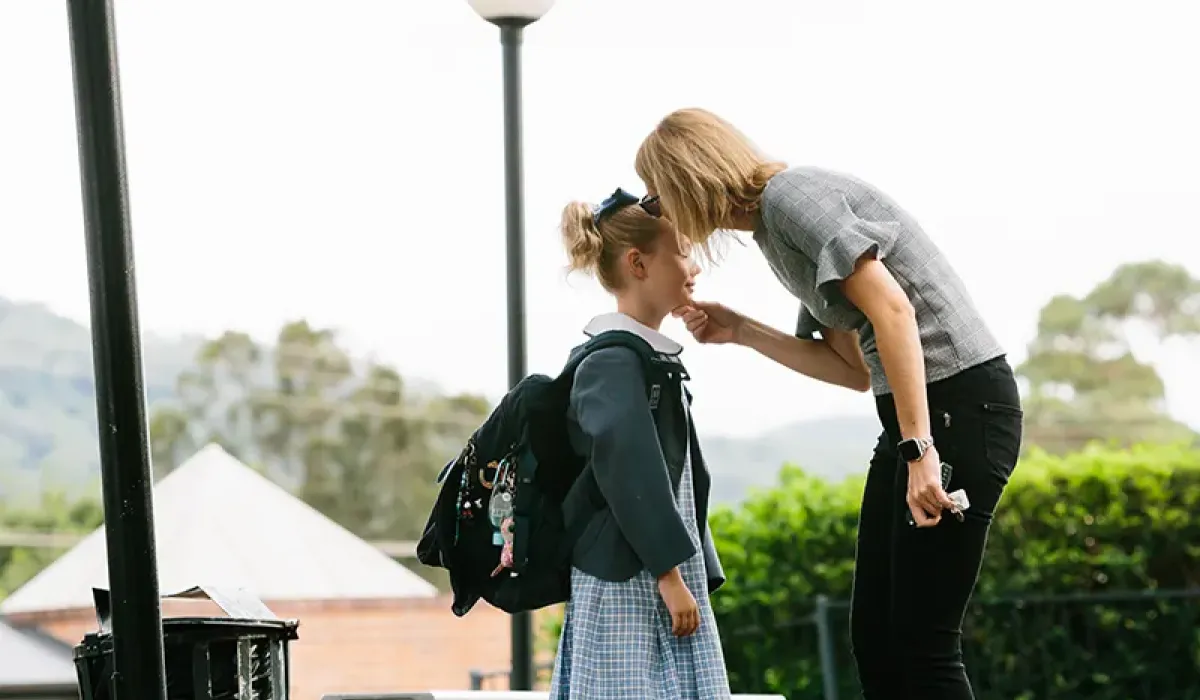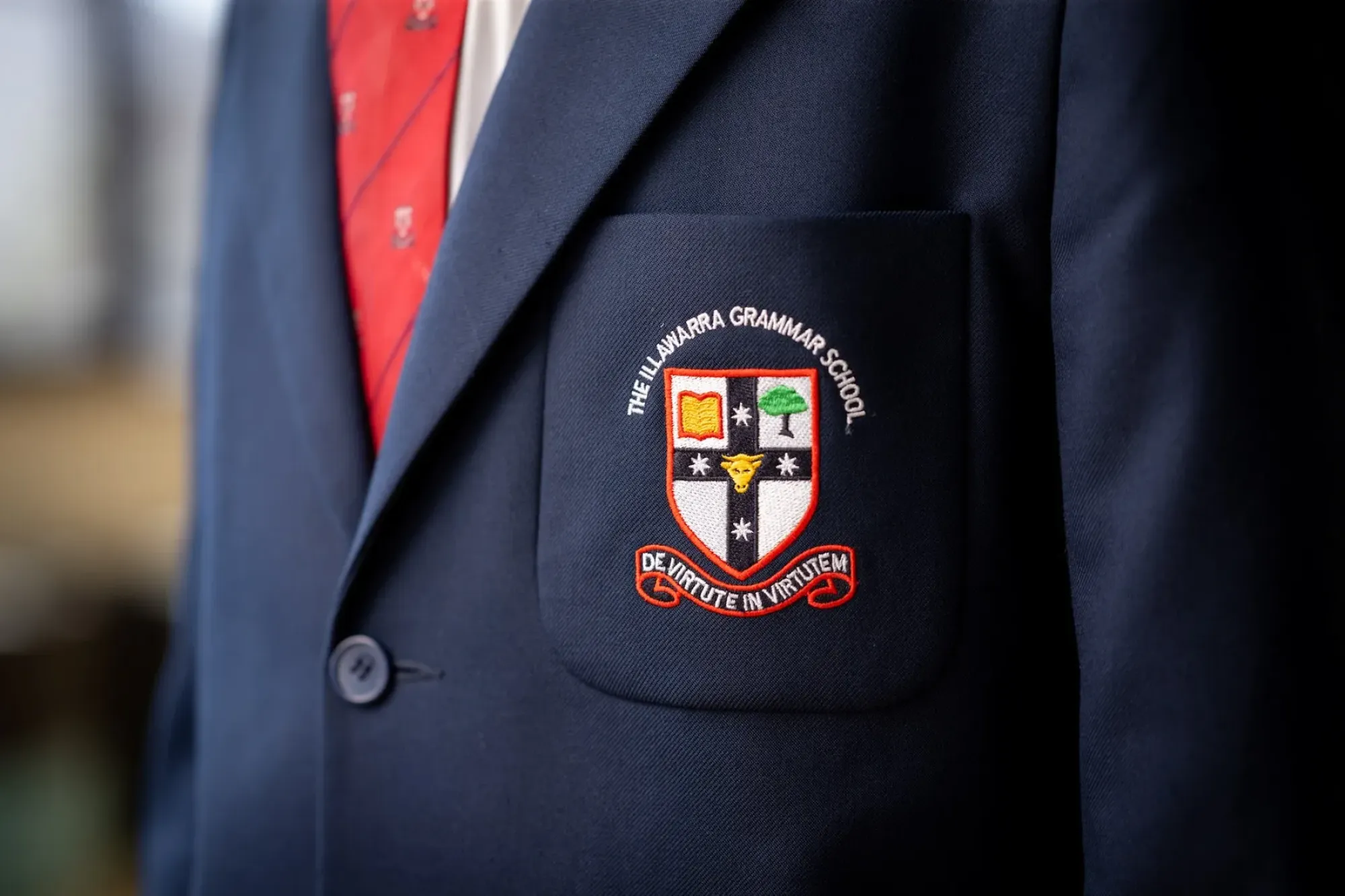
Social Connection and Strong Relationships
The ability to have strong relationships is a critical life skill that impacts our ability to flourish from the cradle to the grave, in our social groups, learning groups, family groups and professional groups.
Social connection, more than wealth, intelligence or extracurricular activity was the strongest predictor of:
- Academic performance;
- Wellbeing;
- Long-term career performance.
(Achor, S. Big Potential, Random House, London, 2018.)
Some consequences of good social skills for students include:
- Positive and safe school environment.
- Child resiliency in the face of future crises or other stressful life events.
- Students who seek appropriate and safe avenues for aggression and frustration.
- Children who take personal responsibility for promoting school and their own safety.
Source: NASP Centre
Furthermore, a lack of quality relationships is associated with:
- Early death, heart disease, stroke and dementia.
- Depression, anxiety.
- Sleep and immunity problems.
- Anti-social behaviour.
Source: Center for Positive Organisations
Students with poor social skills have been shown to:
- Experience difficulties in interpersonal relationships with parents, teachers, and peers.
- Evoke highly negative responses from others that lead to high levels of peer rejection. Peer rejection has been linked on several occasions with school violence.
- Show signs of depression, aggression and anxiety.
- Demonstrate poor academic performance as an indirect consequence.
- Show a higher incidence of involvement in the criminal justice system as adults.
Source: NASP Centre
Our relationships are a sum of the short-term interactions we have with other people. These can either be life-giving or life depleting (Dr Jane Dutton, University of Michigan).
As well as giving us better personal outcomes in our lives, high-quality relationships also lead to better professional outcomes. There is evidence showing an increasing demand for social skills over the past several decades. There has been strong relative employment and wage growth for social skill-intensive occupations between 1980 and 2012. Social skills were a much stronger predictor of employment and wages for young adults age 25 to 33 in the mid-2000s, compared to the 1980s and 1990s. (Deming, 2017) High-paying jobs increasingly require social skills. While some skills and tasks can be completed by computers and automation, social interaction has (at least so far) proven difficult to automate.
Source: Oxford Academic Journals
This all tells us that interpersonal and intrapersonal skills, self-control, empathy, collaboration, listening skills, turn-taking, inclusive, selflessness, generosity and kindness are all the important business of both school and home. It is easy to take the view that everyone has to be kind to “my child”- the defensive or deficit position. I think the literature encourages us to take a proactive position, that we want to focus on teaching our individual children to be equipped to have positive relationships by developing and acknowledging all of the soft skills that make a firm foundation for healthy and strong relationships.
Families send their children to our School to ensure that they have options for a successful and flourishing life and it is clear from the research that while this is achieved by a broad curriculum offering, the importance of social connection cannot be ignored. This means that we value not only academic development and learning but also the development of a whole person. The first classroom for social learning is the home and the first and longest-serving teachers are parents, family members and siblings. When we combine these important teachers, both at home and school we have great opportunities to really equip our young people for life at school as well as after school.
Schools must have a combination of proactive and responsive approaches and programmes that teach young people how to have great relationships as well as respond in a systematic and consistently fair way when things go wrong. At our School, these processes are grounded in procedural fairness and restorative justice. Procedural fairness means that each person has the opportunity to have their side of the story understood; this can sometimes be quite complex and require multiple conversations. Restorative justice focuses on restoring damaged relationships whilst providing opportunities for justice. Consequences and discipline still play an important part in the process but they are one element and not the total solution.
What do parents need to know about how we care for students at TIGS?
- Our expectations are clear and communicated regularly.
- They are based on the rights and responsibilities for everyone in our TIGS community and their sole purpose is to provide a safe and happy place where young people can learn and flourish.
- When things go wrong, there are clear processes that the School implements. If the matter is serious, parents are included in this process.
- We look for patterns as well as severity when monitoring behaviour and interactions.
- We have extensive wellbeing programmes from Prep right through to Year 12 that intentionally address developmentally appropriate areas of personal development and wellbeing.
- We seek to affirm and reward actions, behaviour and attitudes that build up our community.
There are multiple opportunities to serve both in our School and more broadly that allow young people to experience first hand the benefits of being kind and engaged. It’s wonderful to be a part of a community that focuses on the whole person. Our values for 61 years have emphasised this as part of the TIGS experience and continue today. The P&F have been seeking opportunities to bring presenters in for families around this and other areas. COVID-19 has made this a bit of a challenge, but I anticipate opportunities to become possible in the near future. I encourage our families to participate when this occurs as your role in the future success of your children is crucial, complex and sometimes challenging. Together we can meet the various challenges ahead.

